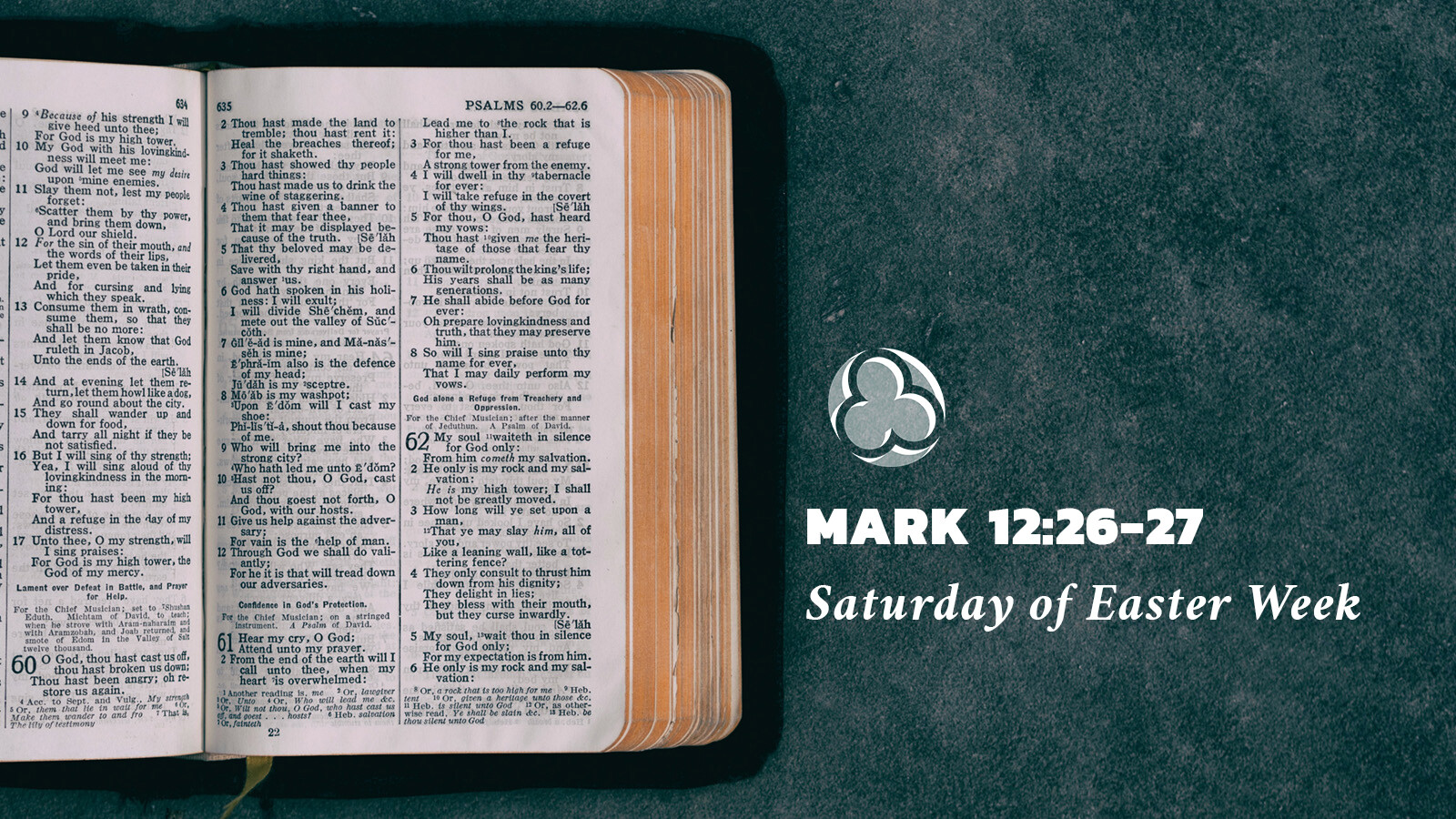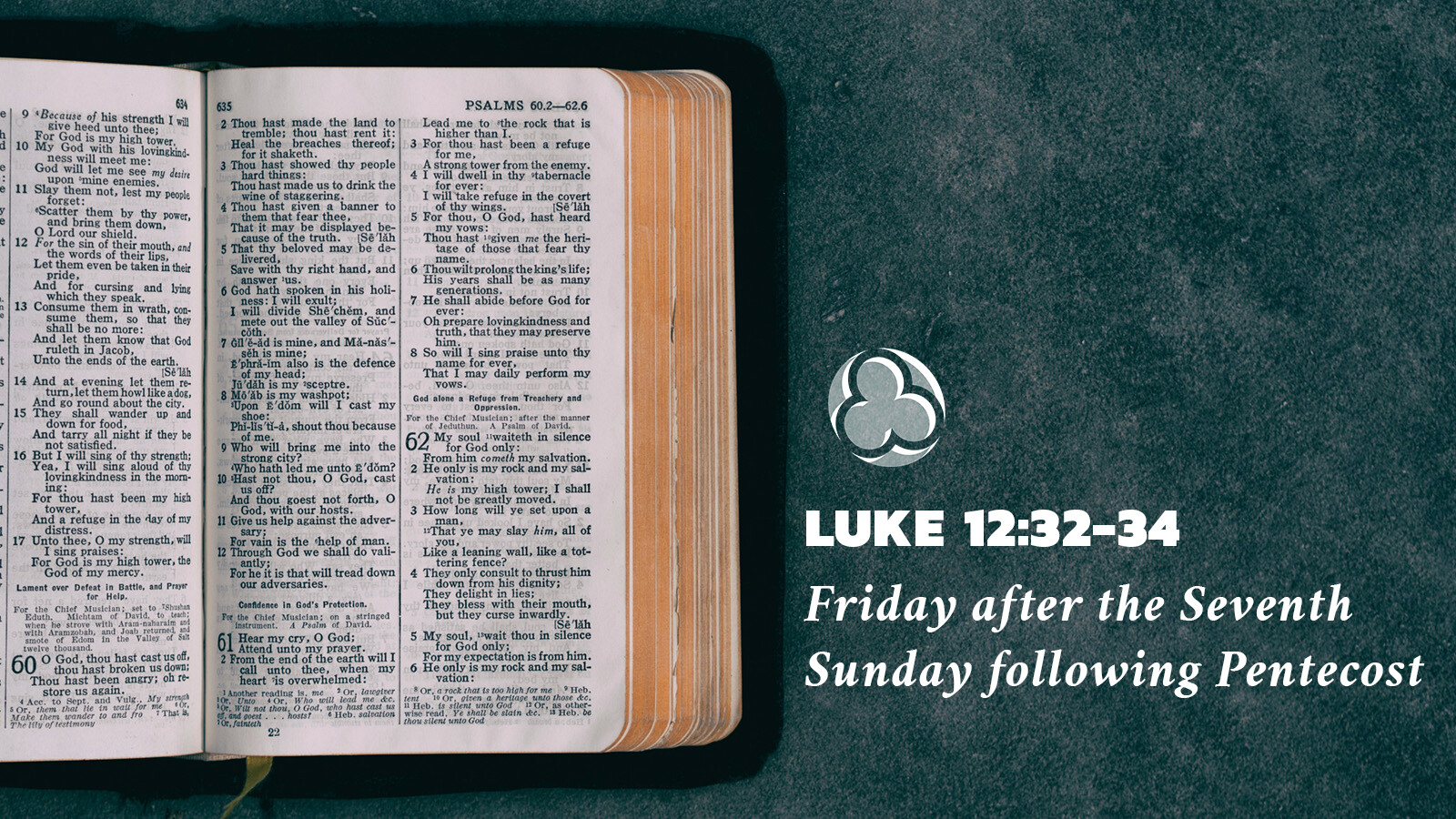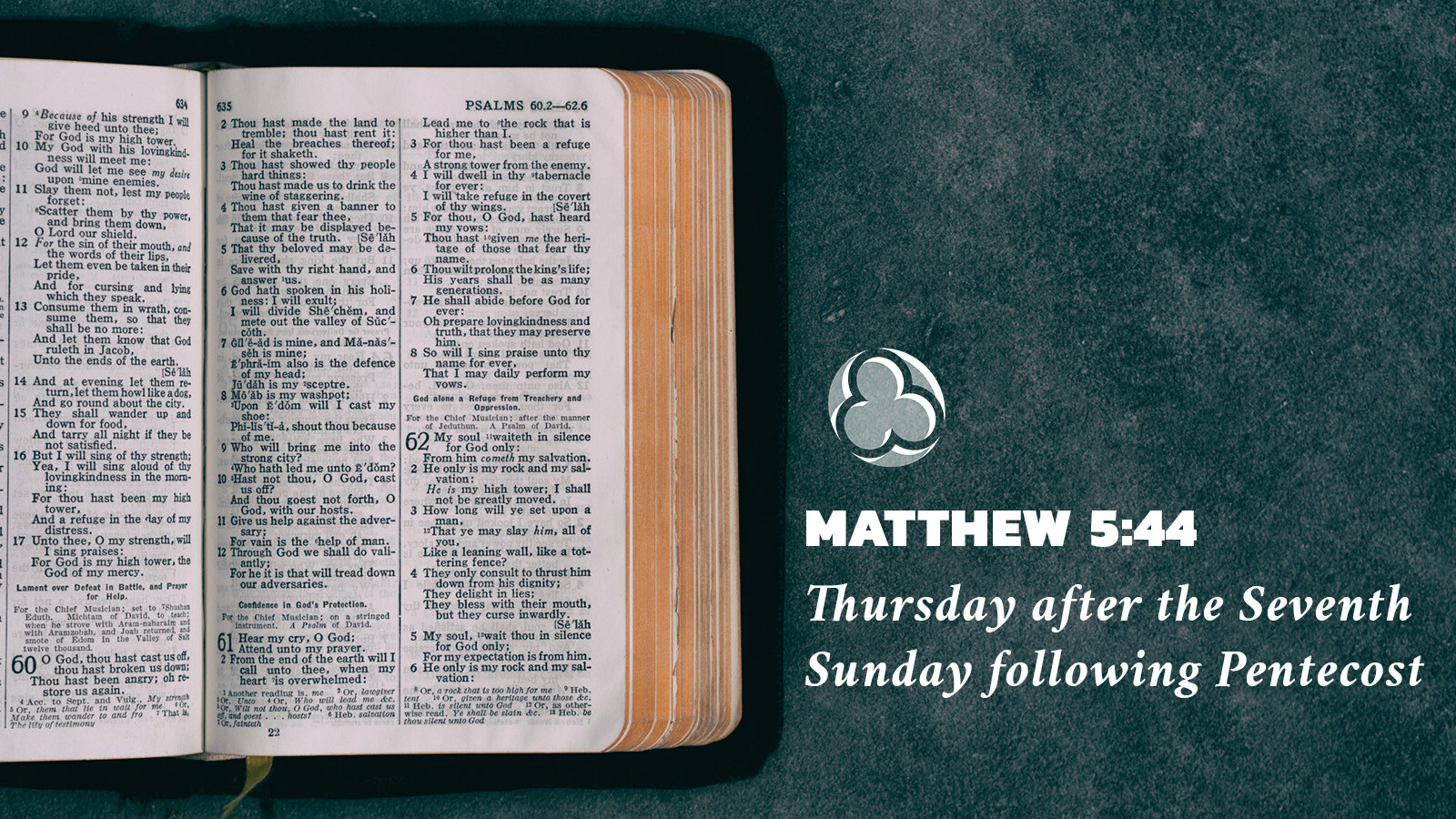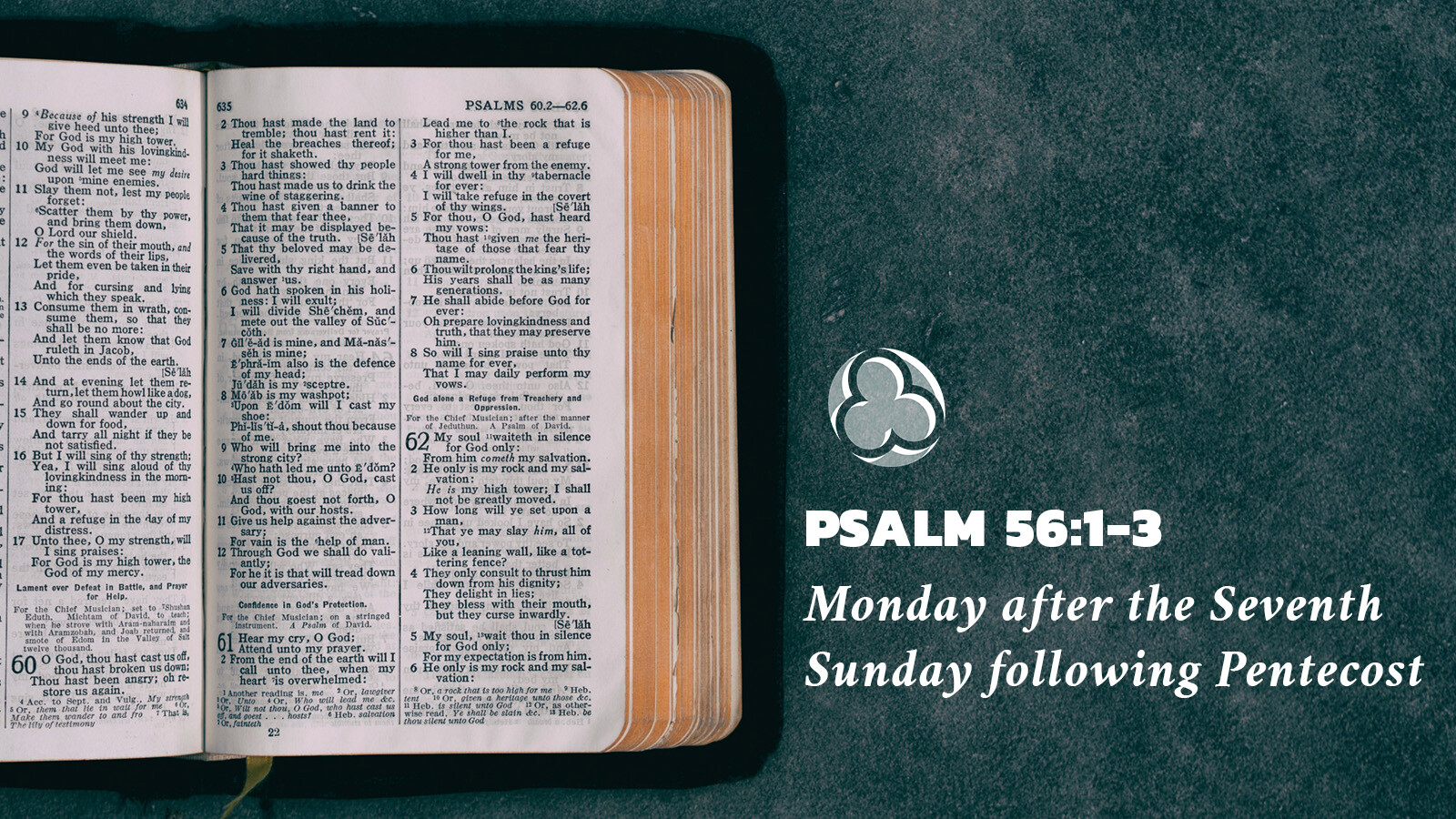
Jesus said to [the Sadducees]… as for the dead being raised, have you not read in the book of Moses, in the story about the bush, how God said to him, “I am the God of Abraham, the God of Isaac, and the God of Jacob”? He is God not of the dead, but of the living; you are quite wrong.”
-Mark 12:26-27
After Easter worship service last Sunday, Vicki and I entertained two couples for a late lunch that lasted into evening. Present were two Jews, two Christians, a somewhat vegetarian Buddhist and a Hindu. I prepared a leg of lamb that was marinated overnight in a heady bath of white wine, beef bullion, bay, juniper berries, peppercorns, thyme, rosemary, mint, and half of an onion pierced all over with whole cloves. Before roasting, the meat was rubbed down with olive oil and deeply pierced. Slices of garlic, dusted in turmeric and curry, were pushed into the slots. The gravy was a reduction of the marinade stirred into the pan drippings. The meal was complex and delicious. It was designed that way, as an homage to the cuisines of the religions gathered at the table.
Being at table with one another has a way of filtering out differences to make a place to practice the human sacramental need for finding community and for filling our bellies.
Our Hindu guest explained that lamb is not generally part of the cuisine of India, except in Kashmir, where lamb in the cuisine is the focus of the community that grew between the Persian Muslims and the Hindu Pandits. Our Jewish guests reminded the table that Moses was a shepherd when YHWH called him. The blood of the unblemished Lamb on the door lintels is the rest of our story.
Our Buddhist guest told the legend of young Buddha taking pity on a wounded lamb that was part of a herd of sheep headed for sacrifice. He lifted the lamb onto his shoulders and carried the lame creature to the king to plead for its life. “Oh,” I said, “Christ the Good Shepherd…”
The place of meals, and specifically lamb, is rich throughout the Bible, culminating in the Last Supper. Not the Passover meal itself; but the part when Jesus breaks the bread saying, “Take it; this is my body.” And when he pours the wine, saying, “This is my blood of the covenant, which is poured out for many,” Do this in remembrance of me.
This is where Jesus turns it all on its head. As God incarnate, He says, I am the sacrifice. Fill yourselves with Me, and you will recognize me reclining at your table. You will experience the urgency of my Love for you. Moreover, eat this bread and wine in my memory and you will build communities known by our Love.
So Radical. Even confusing. The gods of humankind had always done the smiting, the vanquishing, and the devouring. They bellowed, “Wrong again, mortal! Now I shall devour you. Only your sacrifice can regain my approval.” Jesus says to us, here my beloveds; I am the sacrifice; my Love is poured out for you. Be filled and go share. How calm; how splendid.
We did not create new Christians at our table last week. We did, however, experience the God of Abraham, Isaac, Jacob, Buddha, and from the Bhagavad Gita, all sitting around our table. It was a table that will be remembered by its Love. What more could one ask on Easter Sunday?
Musical Reflection- I Can See on the Road to Emmaus - Steve Green
Lord of the table, create in us a hunger for your love. Like the diners at Emmaus, open our eyes at the crack of the bread to see you in our midst, walking the Kingdom beside us. AMEN.






Login To Leave Comment